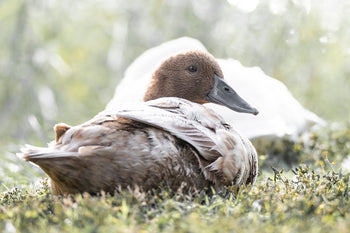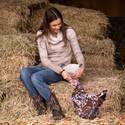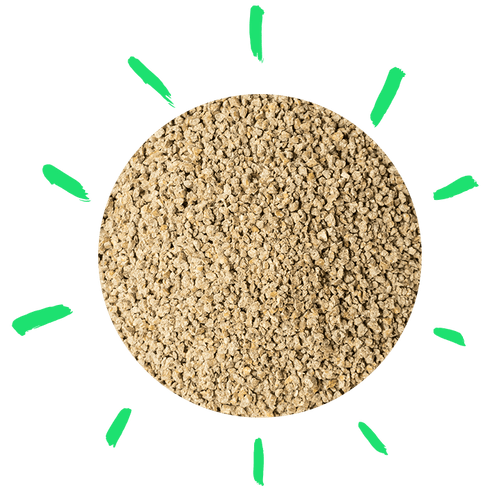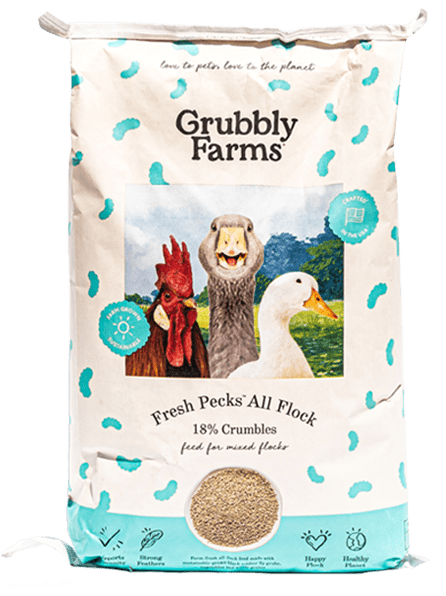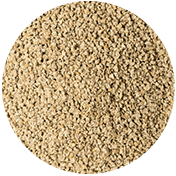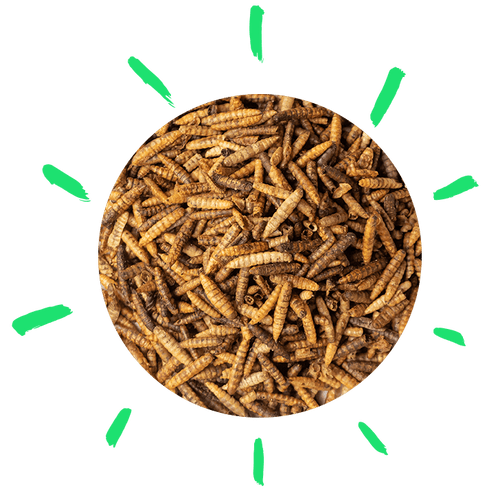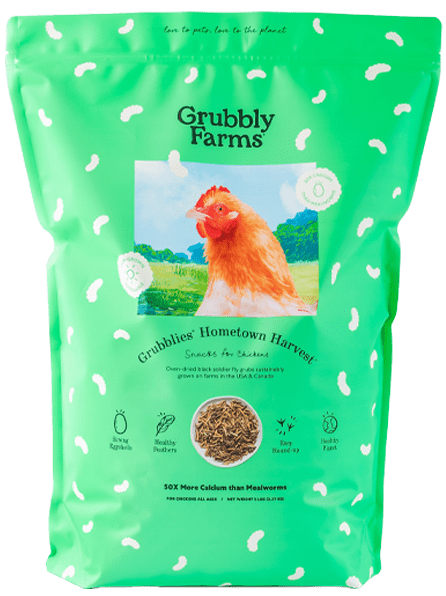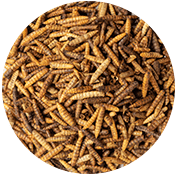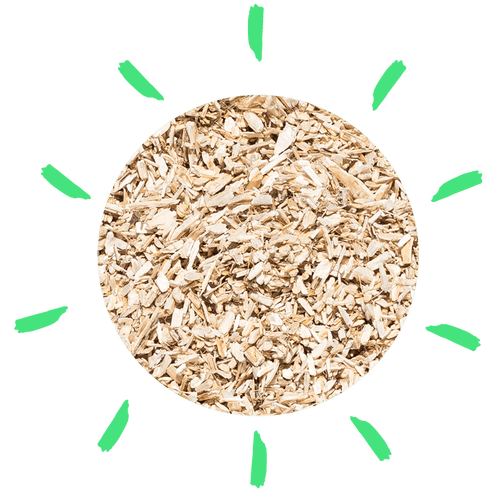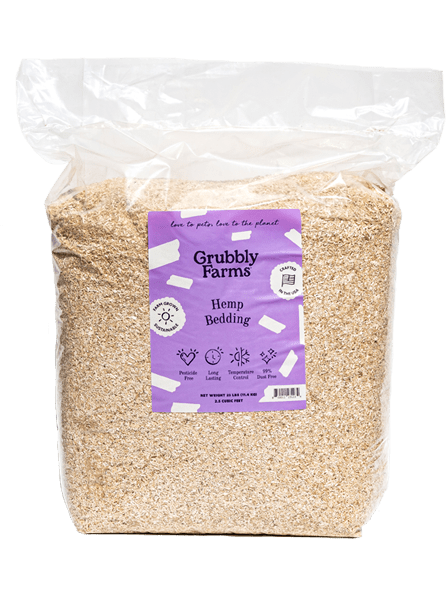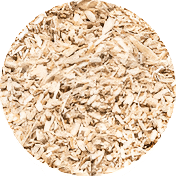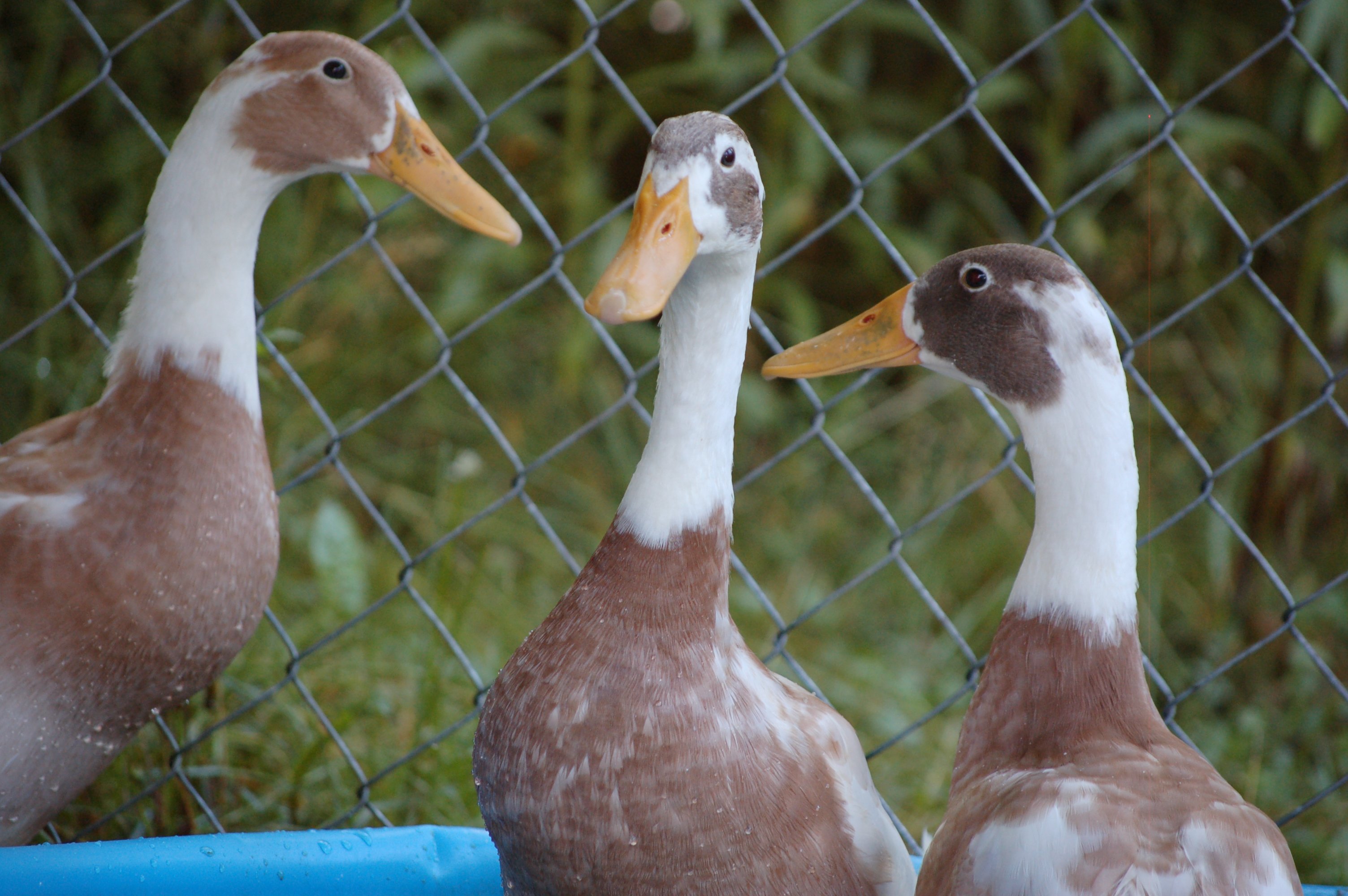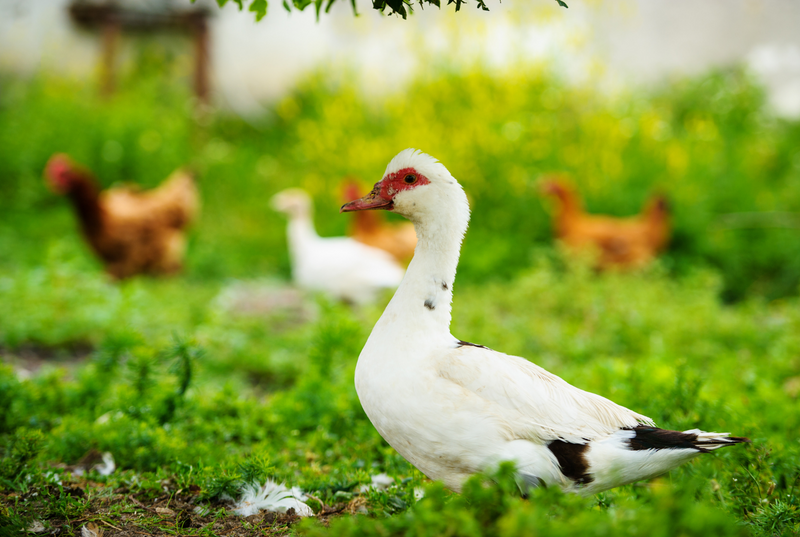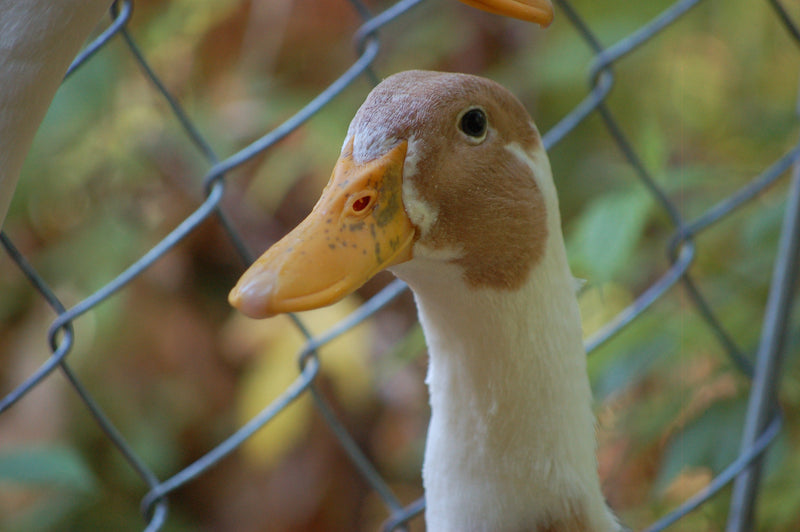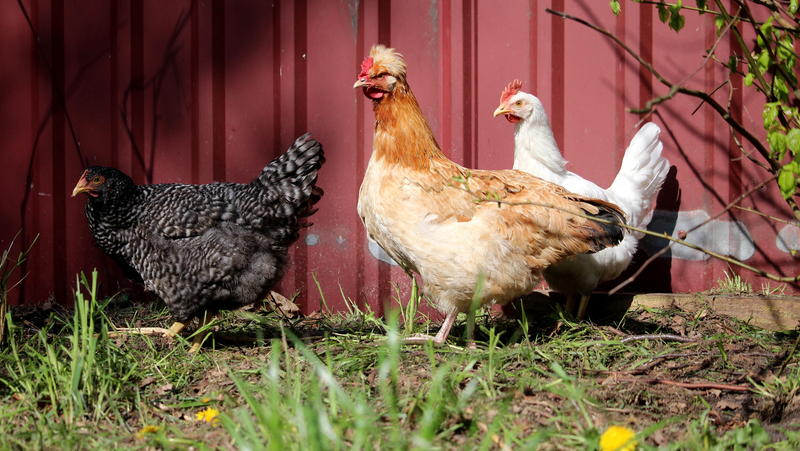If you need a good laugh, just find a duck. These amusing birds can be friendly, comical, and even a productive addition to your family. But before you go out and adopt a duck, you should learn more about keeping ducks as pets so you can determine if it is a good fit for your family and lifestyle. Check out these tips for adopting a pet duck before you add these feathered friends to your backyard!

First off, can you have a duck as a pet?
Just like with chickens, there may be local ordinances and restrictions on whether you can keep ducks where you live. In some cases, the local laws may allow you to keep a few chickens, but they won’t allow you to keep ducks.
Some possible restrictions or ordinances to look into before getting a pet duck include:
- Zoning area restrictions
- Homeowner’s associations restrictions
- Number of ducks you are allowed to have
- Permits for owning ducks or building a duck coop
-
Inspections for building a duck coop
Are Ducks Good Pets?
Another thing to consider is whether or not ducks are really the best pet for your family and lifestyle. Like any pet, ducks need daily care and protection. If you are not able to provide the right housing, food, water, and daily care required, then a pet duck may not be the right fit for you. If you like to travel, finding a pet sitter for your duck (or ducks) may be a little more difficult than finding a sitter for a pet dog or cat.
Here are a couple of factors to consider when deciding if a duck will be a good pet for you:
Housing: Pet ducks need a protected place to live so that they can get away from inclement weather and stay protected from predators. While ducks can be kept as indoor pets, they thrive much better in an outdoor environment. Ducks are also messy. They poop a lot and enjoy playing in their water, so keeping them inside is not ideal.
Instead, you need to have a dedicated duck house for these pets. A duck house should provide a safe area for them to be protected at night and access to an outdoor area where they can enjoy being outside during the day. The outside area is a great place to keep their water so they can play in it and make a mess without getting their duck house wet.
The duck house should provide your pet ducks with food and water. It should also be predator proof to protect your ducks from predators like stray dogs, raccoons, hawks, and other poultry predators. Having the outside area covered and predator-proofed is also important for keeping your pet ducks safe during the day.
Ducks are poor flyers, so the duck coop does not need to have roosts or raised nesting boxes. Instead, the duck house should have absorbent, soft litter. Ducks use clean litter to build nests where they can lay eggs and sleep in at night. Ducks also produce lots of watery poop, so make sure that the litter is absorbent and kept clean on a regular basis to keep your ducks healthy.

Water: Ducks thrive when they have access to an open water source. They use water for playing, drinking, cleaning themselves, and just having fun! Ducks need a water source in which they can at least submerge their whole head into. The water allows them to clear their nostrils after eating and prevents them from choking on their food.
However, most ducks enjoy a water source that is big enough for them to swim, bathe, and play in as well. Plastic pools, shallow stock tanks, or ponds are all good options to use as water sources for your pet duck. If you use a non-natural water source, like a pool or a tank, have a way to clean and refill the water on a regular basis. Ducks will dirty their water very rapidly, so it’s important to clean their water source on a daily basis.
Ducks are also very messy with water! Keep the water source in a protected outside pen rather inside the duck house.

Temperament: The temperament and personality of your pet ducks depend on the duck’s breed and how they were raised. Ducklings who are handled a lot when they are young will imprint on you and see you as their protector and provider.
Drakes, which are male ducks, tend to be more assertive than hens (female ducks). They may be a little more rowdy and less friendly, which makes them less ideal to keep as pet ducks.
However, ducks in general are very independent. Domesticated ducks can have sweet and friendly personalities, but they still know how to fend for themselves. Some ducks may not mind the occasional ‘snuggle time’, but don’t expect your pet duck to enjoy being pet or snuggled as much as a pet dog or cat.
Ducks can also be very noisy! Drakes tend to make more noise than hens, but any duck will make a wide range of noises that can be low and content or loud and obnoxious.
Foraging: When keeping pet ducks, you need to decide if your pet ducks will be confined for most of the day or allowed to free-range in your yard during the day. Ducks are excellent foragers and can easily supplement their diet with natural foods if given the chance. However, pet ducks can also be content in a confined area as long as they have plenty of space and access to open water for playing in.
Certain duck breeds adapt better to confinement than others, so make sure you choose duck breeds who don’t mind confinement if your pet ducks will be kept in their pen for most of the day.
When allowed to forage, ducks can help with pest and weed control in your yard. They are excellent at eating unwanted bugs and are less damaging on lawn and landscaping than chickens. Instead of scratching and digging with their feet, they use their bills to search the ground for tasty bugs and other morsels.
Production: One advantage that pet ducks have over furry pets is that they can provide you with fresh eggs! Some pet duck breeds are excellent layers and will provide you with fresh eggs almost all year round. Ducks are known to be more consistent layers than chickens. They often lay better during the winter months as well. Duck eggs are bigger than chicken eggs, and they are excellent to use in baked goods and recipes!

Pet Duck Care
If you decide that a duck is the pet for you, then you should know how to care for your pet duck! Here are the essentials you will need for your pet duck:
- Duck coop
- Duck coop litter
- Duck run
- Open water source
- Duck food
The duck coop should be predator-proof, have plenty of space, and have a ramp so that your pet duck can easily get in and out of the coop. A duck coop does not need to have roosts or raised nesting boxes like a chicken coop. However, it should have absorbent, soft litter. Large flake wood shavings or straw are often good duck coop litter options.
When planning the size of the duck coop, allow 3-5 square feet of space per duck.
Plan on cleaning the duck coop on a regular basis. When the litter starts to get saturated from the watery duck poop, it’s time to replace the coop litter with fresh litter.
The duck coop should have an enclosed run attached to it so that your ducks can get outside every day. The duck run should be spacious and have enough room to accommodate an open water source, like a small pool, pond, or tank. Allow at least 10-15 square feet of run space per duck.
Your duck’s water source should be easy to clean and refill on a daily basis. It can operate as a bathing pool, a drinking source, and a playground all at once for your ducks. Make sure the water source can accommodate all your ducks at one time while still being manageable for you to empty and refill daily. The water source should be easy for your ducks to get in and out of. Sometimes a ramp is necessary for ducks to easily get in and out of tall-sided water sources.
Ducks are social animals. If you aren’t planning on spending almost 24/7 with your pet duck, then it is a good idea to get your pet duck a companion. Ducks thrive when they are kept in small flocks. Plan on keeping at least two pet ducks so that they can keep each other company when you are busy.
Lastly, make sure you have a proper diet to feed your pet ducks. While ducks can be fed chicken feed, they thrive best on an all flock layer feed or waterfowl feed, which is formulated to meet the higher niacin and protein needs of ducks and other waterfowl. Ducks will also enjoy the same snacks and treats that chicken can have, such as fruits, vegetables, and dried grubs!
How Long Do Pet Ducks Live?
Pet ducks can live for up to 10 to 15 years when they are well-cared for and fed a nutritious diet. Having a predator-proof duck house and daily access to the outdoors can help your ducks stay healthy and happy. Keep the duck house clean to ensure your ducks have access to clean water on a daily basis is also important for raising healthy pet ducks.
Common Duck Breeds for Pets
When choosing a pet duck, you will need to consider what duck breed will be the best fit for you. Certain duck breeds make better pets than others. Duck breeds that are closer to their wild ancestry, like Mallards and Muscovy ducks, are not ideal duck breeds to keep as pets. Some duck breeds are also very active and known to have assertive individuals, such as Khaki Campbell ducks, Magpie ducks, and Indian Runner ducks.
Choose a duck breed that adapts to confinement well, is friendly and docile, and is easy to care for on a daily basis. Here are some good pet duck breeds:
Pekin ducks: Pekins are large white ducks with friendly personalities. They are flightless and the hens are good layers. Pekins are known to be very affectionate and are not prone to wander when given the chance to free-range. Since they are a large duck breed, make sure the duck coop and run have plenty of space for them!
Cayuga: Cayuga ducks are medium-sized ducks with iridescent green plumage. They can be very friendly when handled at a young age. Cayuga ducks are known to be a quiet breed and need less space than bigger ducks. The drakes are not as assertive compared to other duck breeds, however, the hens are not the best layers.
Rouen: Rouen ducks are large ducks that carry themselves more horizontally than vertically. Like Pekins, Rouen ducks are flightless, calm, and friendly. They are excellent foragers but can adapt to confinement as long as they have plenty of space in their coop and run.
Swedish ducks: Swedish ducks come in black and blue varieties and are medium-sized. They are also calm and friendly. Swedish ducks are an endangered breed, so they may be hard to find in your area. While they are cold hardy and great for northern regions, the hens are not profuse layers and aren't the ideal breed if you are hoping for lots of fresh eggs from your pet duck.
Welsh Harlequin: The Welsh Harlequin is a small duck breed and the hens are extremely good layers. They are known to be calm, curious, and enjoy human company. Welsh Harlequins adapt to confinement well but they are also good foragers when allowed to free-range.
Call Duck: Lastly, the call duck is a bantam duck breed that makes an ideal pet if you have limited space. Since they are a bantam breed, they are small and require less space and feed than large duck breeds. The call duck comes in many varieties and can be friendly and docile when they are handled as ducklings. However, hen call ducks are very poor layers.
Conclusion:
Are you ready to adopt a pet duck? Make sure you have a safe duck coop that is lined with absorbent, soft litter. Also attach a duck run to the coop so your pet ducks can get outside as much as possible. A water source for your pet ducks is essential to keep them healthy and happy. You should also have all flock or duck feed along with healthy snacks for your pet ducks. If you have all these things, then you may be ready to add friendly and amusing ducks to your family!





